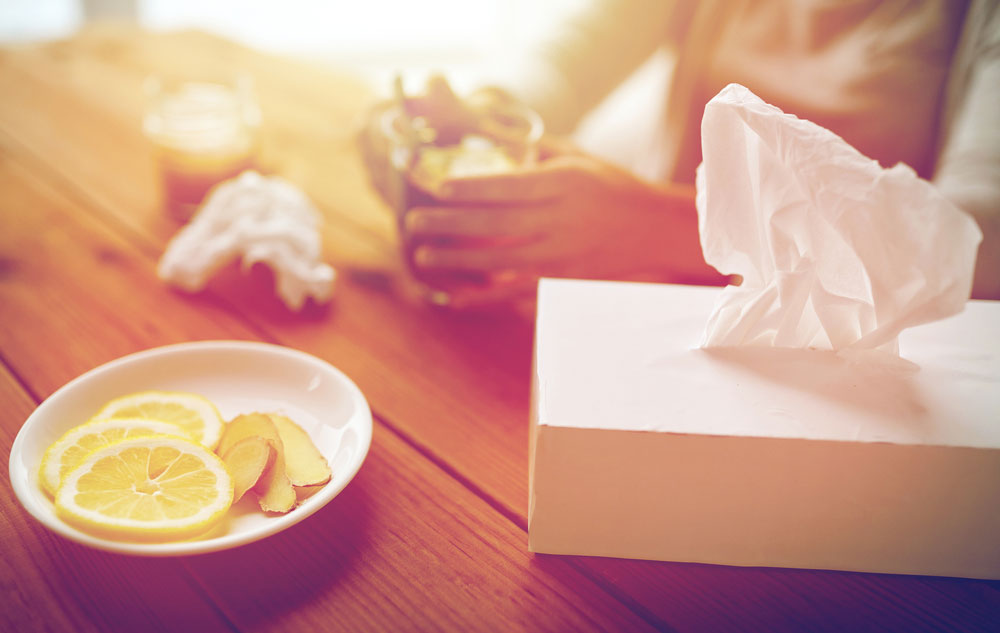A 23-year-old Briton has cooked up a compostable compound she hopes will one day replace single-use plastic — and its main ingredient is byproducts of the fishing industry.
Lucy Hughes created MarinaTex for her final year project in product design at the University of Sussex. It’s also edible and, she says, intended as an alternative to plastic typically used in bakery bags, sandwich packs and tissue boxes.
Her project began as an investigation into ways of reducing fish waste, around 50 millions tonnes of which is produced globally each year, the UN estimates.
“It was me trying to work out how I could use that waste stream and add value to that waste,” Hughes told Reuters.
“When I felt the skins and the scales in my hands, I could see that there was potential locked up in it. It was so flexible, yet pliable and strong.”
Her subsequent research won her this year’s international James Dyson Award, funded by the eponymous British inventor whose bag-free vacuum cleaner also bears his name. She plans to use the £32,000 of prize money to further develop the product and build a strategy for mass production.
“Why do we need to have hundreds of man-made polymers when nature has so many already available?” she added.
The world produced about 242 million tons of plastic waste in 2016, according to the World Bank. The UN estimates some 100 million tons have been dumped in the oceans to date.
To create a strong and stable compound, she added the molecules chitosan from crustaceans and agar from red algae to her scales-and-skin mixture. Several months of testing culminated in the production of a flexible translucent sheet that forms at temperatures below 100 degrees Celsius (212 degrees Fahrenheit) and which James Dyson concluded was stronger than its plastic alternative.











